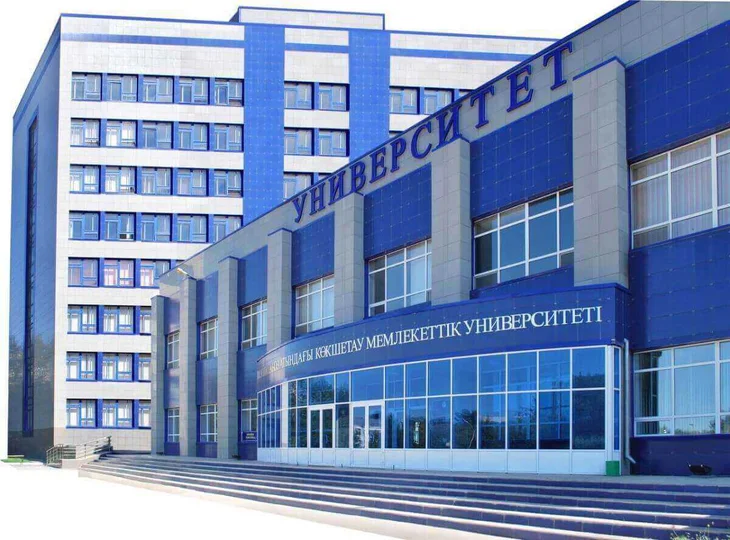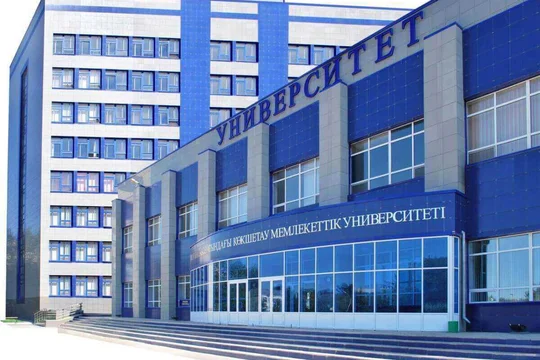Mathematics (multilingual education) 6В01506

Educational program code
6В01506
Language of instruction
Kazakh, Russian, English
Learning level
Undergraduate
Duration of study
4 year
Specialized subjects
Mathemathics
Physics
Objectives of the educational program
- developing students' theoretical and practical knowledge in the field of mathematics, taking into account the characteristics of multilingual education in order to meet the regional needs of the economy and society;
- preparing mathematics teachers with 21st century skills: tolerance for high levels of uncertainty, critical thinking, creativity, emotional intelligence, social intelligence, communication, design thinking, financial literacy, awareness and responsibility, positive thinking, cooperation in the professional community.
- Academic writing
- Algebra and Number Theory 3
- Educational management and digitalization
- Geometry 1
- Discrete mathematics and mathematical logic
- Inclusive education
- Criteria-based assessment technologies
- Elementary mathematics
- Mathematical Analysis I
- Methods of teaching mathematics
- Theory and methodology of teaching mathematics
- School mathematics course 1
- Physiology of development of schoolchildren
- Pedagogy
- Introduction to the Teaching Profession
- Theory and methodology of educational work
- Algebra and Number Theory I
- Algebra and Number Theory II
- Selected Chapters in Elementary Mathematics 2
- Geometry 2
- Geometry 3
- Differential equations
- Additional questions about school geometry
- Project activities and methods of searching for scientific and technical information
- Structural geometry
- Differential calculus of functions of several variables
- Integral calculus of functions of several variables. Field theory.
- Workshop on solving mathematics problems 2
- Methodological foundations for solving mathematics problems 2
- Methodological foundations for solving problems in mathematics I
- History and methodology of mathematics
- Workshop on solving mathematical problems I
- Mathematical Analysis III
- Interdisciplinary connections in teaching mathematics
- Non-standard mathematics problems
- Mathematical Analysis II
- School mathematics course 2
- Number theory
- Non-standard equations and inequalities
- Linear algebra and elements of set theory
- Theory of Probability and Mathematical Statistics
- Elements of probability theory, combinatorics and statistics
Learning outcomes and competencies
- reproduce knowledge from the fields of economics and law, the basics of anti-corruption activities, ecology and the basics of life safety, as well as entrepreneurship skills, leadership, and receptivity to innovation; inclusive education for building a successful own professional activity;
- apply languages for academic, professional and intercultural communication purposes to implement trilingual education policies in mathematics and scientific research;
- master the classical principles of didactics in integration with theoretical concepts in the field of mathematics; demonstrate functional literacy and critical thinking skills, including in inclusive education settings;
- plan and structure the content of training taking into account new approaches: the hierarchy of learning objectives, the principle of spiral learning, as well as through the study of interdisciplinary cross-cutting topics; use in practice the technology of criterion-based assessment of educational achievements (SOCh, SOR, FO);
- select the necessary knowledge in the disciplines of subject mathematical training for their application in solving various mathematical problems;
- develop didactic materials, electronic educational resources for the implementation of the learning process in mathematical subjects;
- use information and communication technologies in professional activities; understand knowledge of the principles and culture of academic integrity;
- reproduce skills in solving standard and non-standard problems in mathematics to form and develop students’ logical-analytical type of thinking;
- solve psychological and pedagogical problems based on one’s own pedagogical reflection for further self-development and transfer of experience to the professional community.
